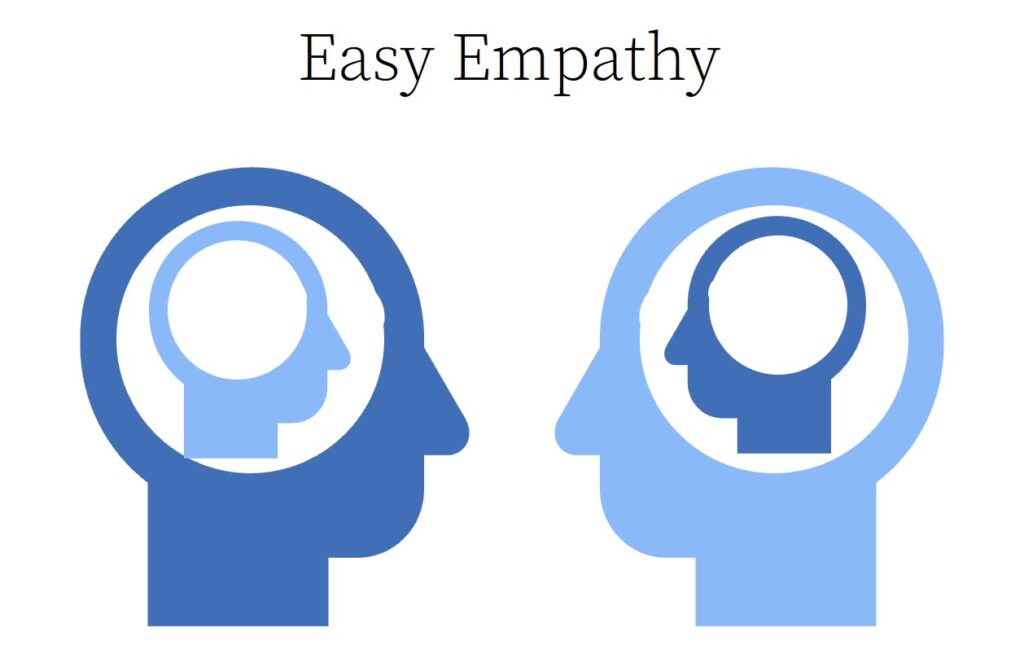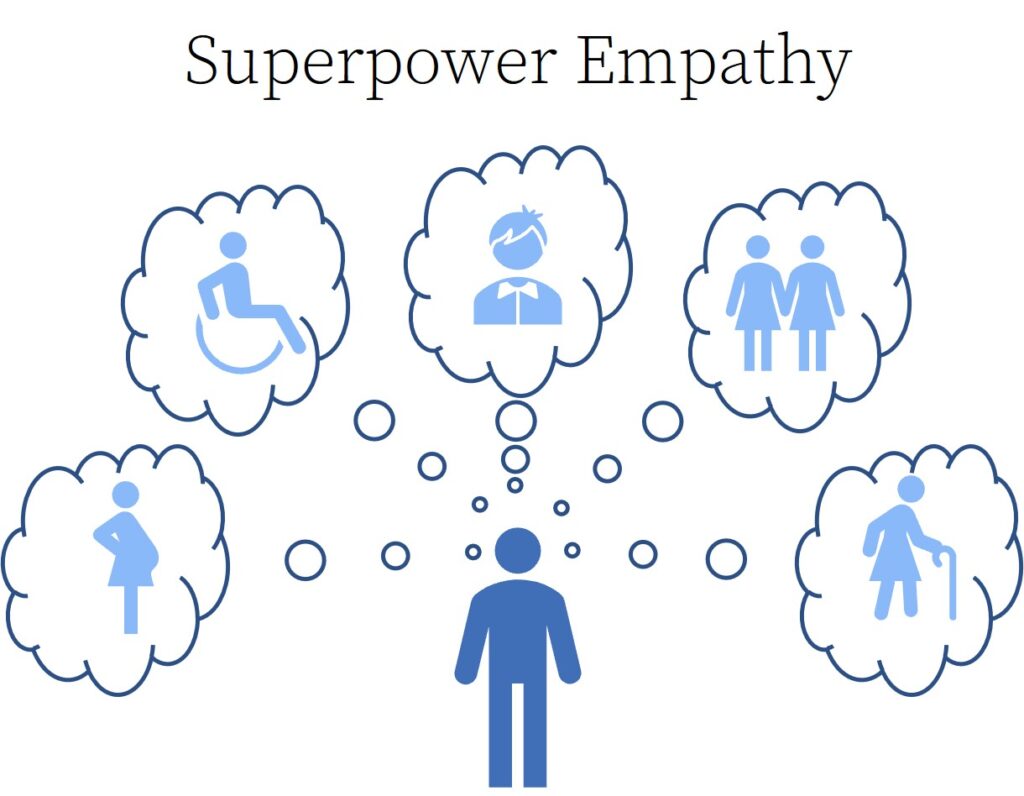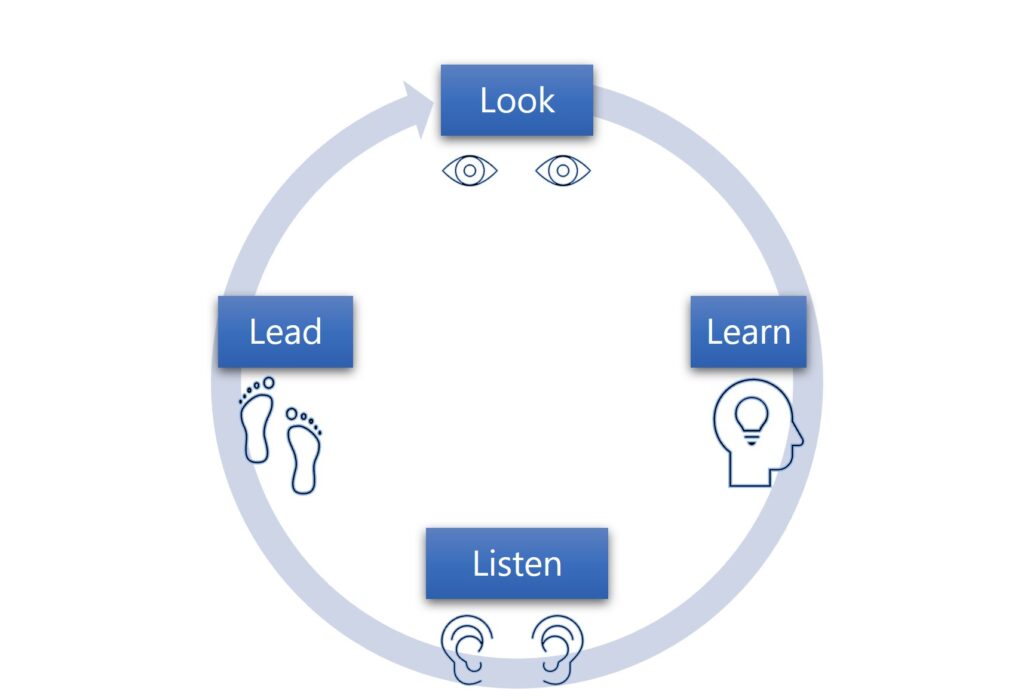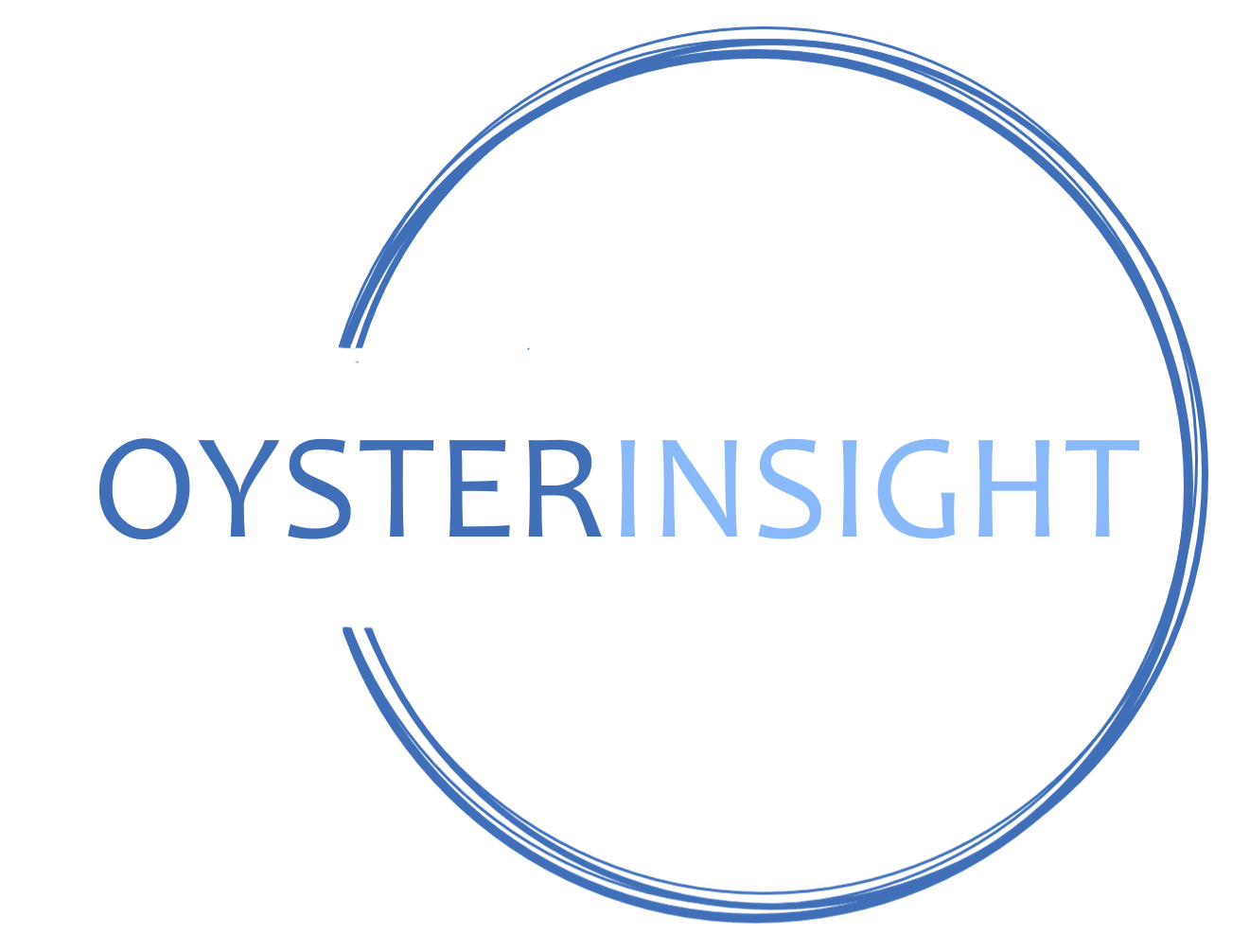Empathy is a big buzz word these days. Books have been written on empathy as a power and even a superpower. But developing true empathy is challenging.
In 2016, an FSU football player made national news because he sat with an autistic child who was all by himself at the school lunch table. I noticed the story because I have an autistic son who, at the time, also ate lunch by himself. My first thought when I saw the story was, “Did the boy want the football player to sit with him?” And that was a huge “aha” moment for me, because I realized I was starting to truly empathize with my son.
Empathy or Sympathy?
Empathy is the skill of comprehending and sharing the feelings of another. While sympathy is a feeling of concern for another going through something difficult or painful, empathy requires actively sharing in the emotional experience of the other person.
A lot of people feel sorry for those who sit alone at lunch. However, some students and coworkers want to eat lunch alone. Some introverts or neurodiverse people (such as those on the autistic spectrum) prefer to sit alone at lunch. This alone time allows them to better handle the amount of social interaction, stress, or anxiety they are expected to deal with the rest of the day. (When Kids Want to Sit Alone covers both sides of the reactions to the FSU athlete.)
We have been on a fascinating rollercoaster of a journey in learning about our autistic son. We are uncovering what makes him click, and how to create an environment that allows him to live his life to his fullest, on his terms. In so doing, I have been on an amazing process of self-discovery and uncovering bias to become more empathetic in the fullest sense of the word.
Empathy Made Easy
We have known for a long time that “putting yourself in someone else’s shoes” is an effective way of connecting and communicating with other people. It’s easiest to be empathetic with those most like us.

Unfortunately, empathy often stops short of understanding those who are most different from us. To be fully on board the “empathy train” we need to be empathetic toward those most different from us.
The challenge is that we often have implicit bias against those least like us.

The Pernicious Depth of Implicit Biases
Implicit bias, bias we are not consciously aware of when it occurs, riddles our society. Studies of neurolgical responses have shown we have implicit bias against not just the neurodiverse, but against women, minorities, LGBTQ, and those with physical and mental health differences.
Implicit bias presents several challenges. One is that the “implicit” label can make it “excusable.” “I didn’t know I was doing it and I didn’t do it on purpose, so that makes it okay.” Additionally, implicit bias is much more difficult to overcome than explicit bias due to its deep-seated nature.
Developing True Empathy is Challenging
Deep-rooted cultural and evolutionary influences cause implicit bias. Society teaches us from a young age that boys and girls are supposed to act differently, and dolls look a certain way. “Fitness signaling” helped us avoid disease throughout evolution, though it also created some false alarms. We “avoid like the plague” people that are different from us. We can be repulsed by someone who poses absolutely no risk to us.
Due to their source, our implicit biases are instinctual, automatic, hidden, subtle, prevalent, pervasive, and unintentional. Biases can be deeply ingrained, difficult to change or control, difficult to detect or recognize, and affect people from all walks of live – in other words, us.

Pearls Come in All Shapes and Sizes
Why should we care about overcoming implicit bias? Differences offer multiple benefits:
- The genetic differences we have today are beneficial to society – if they were not, they would not have survived evolution.
- Diversity in species helps evolution. Neurodiversity, for example, helped humans better detect poisonous food, navigate before GPS, recognize and remember safe and dangerous plants and animals, understand the behavior of predators and prey, and be nourished.
- Diversity helps us in society today. Increased creativity, innovation, resilience, and adaptability are all contemporary business benefits of overcoming bias.
Lead to Overcome Bias

How can we overcome deep-rooted implicit bias?
- Look – Look at yourself and examine your own biases. Pay attention to your thoughts, feelings, and behaviors. Recall the messaging you have received over time.
- Learn – Learn more about the groups you are biased against. Challenge stereotypes and develop a more nuanced and accurate understanding of these groups.
- Listen – Broaden your perspectives by exposing yourself to a wider range of input and experiences. Seek out diverse media, engage with people from different backgrounds, and participate in activities that allow you to be with and learn from others.
- Lead – Take concrete action to advocate and promote diversity and inclusion.
And then you have to start over with your next bias.
Earn Your Superpower
It is challenging work. Really challenging work. It can be uncomfortable and even painful. And that’s why when you truly overcome deep-seated bias, your empathy really is a liberating super-power. It helps you see others more clearly, solve problems more effectively, envision more possibilities and face the future with more optimism. You are empowered with insight!




